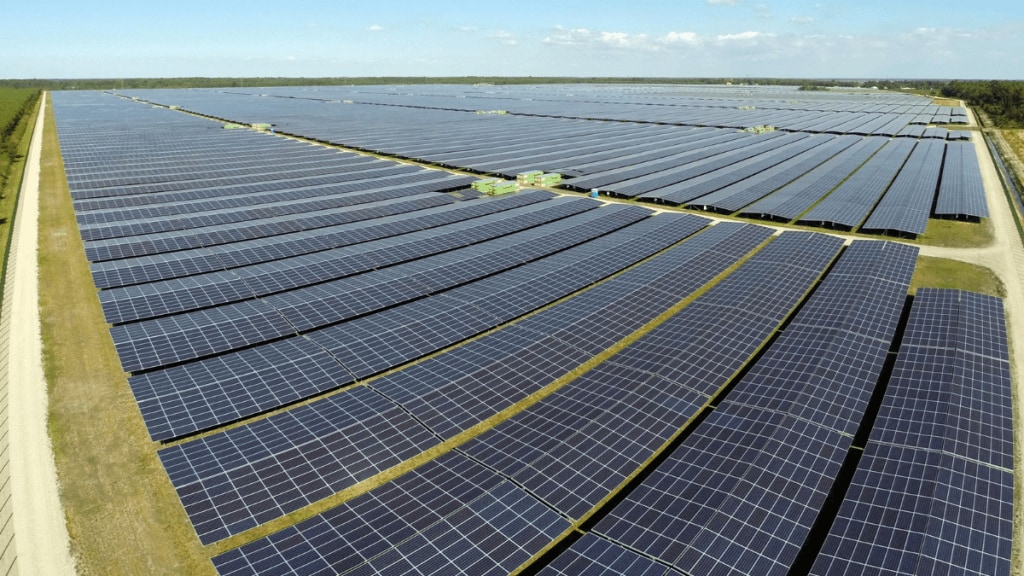Renewables, especially in the power sector have been at the centre of lot of discussion and in keeping with its green energy commitments and goal of reaching net zero by 2070, the government had announced various new initiatives encouraging sustainable energy and electric mobility in the interim budget 2024-25. Now, all eyes are on the upcoming budget and a lot of speculation about the launch of schemes have been made for the power and renewable sector.
Solar energy powering ahead!
Two notable announcements were the anticipated solarisation of 10 million households via rooftop solar systems and viability gap finance (VGF) for offshore wind projects totaling 1,000 MW. “We have expectations for increased support in the solar sector. Adequate funding and favourable policies can drive innovation and expansion, enabling us to harness clean energy more effectively. However, we continue to face challenges such as high initial costs, regulatory hurdles and the need for advanced infrastructure. We urge the government to provide robust incentives and streamline processes to make solar power more accessible and affordable, ensuring a brighter, greener future for all,” Akshat Jain, CEO of KLK Ventures told Financial Express Online.
While others believe that due to serious climate change crises, it is necessary for the government to to mitigate its policies towards sustainability. As per Shashank Sharma, Founder, Chairman and CEO, Sunsure Energy, significant investment in robust grid infrastructure and promoting energy storage solutions is expected from the budget as these will be vital to ensure a reliable and efficient energy supply system. “We would like to see more incentives for businesses and corporations to decarbonise India’s industrial landscape. It is vital to prepare energy-intensive industries like cement and steel for the transition phase of the Carbon Border Adjustment Mechanism (CBAM),” he added.
Need for new skill and R&D
Sharma further emphasised that the upcoming budget should also address the need for skill development programs to create a workforce capable of supporting the renewable energy sector. “Training for new green jobs and reskilling of workers from conventional energy sectors will be essential for a smooth transition,” he said. Avinash G Singh, Head – Investment Research & Analytics, Aranca believes that the upcoming budget will play a part in determining priority areas for the government to focus on in the immediate future, while keeping long-term reforms and initiatives intact.
In addition to this, incentivising R&D and innovation projects through measures like accelerated depreciation can stimulate advancements. Promoting domestic manufacturing of CRGO steel, which is crucial for transformer efficiency, will also promote manufacturing.
“We urge the government to prioritise the growth and competitiveness of the electrical and electronics manufacturing sector. A significant allocation for Production-Linked Incentive (PLI) allied schemes is essential, particularly for critical components such as XLPE Compounds, Latching Relays, and advanced switchgear technologies including alternatives to SF6 gas. Enhancing support for the domestic production of GIS components, SF6 to air bushings, and Remote Terminal Units will drive innovation and self-reliance in these key areas,” Hamza Arsiwala, President, IEEMA.


